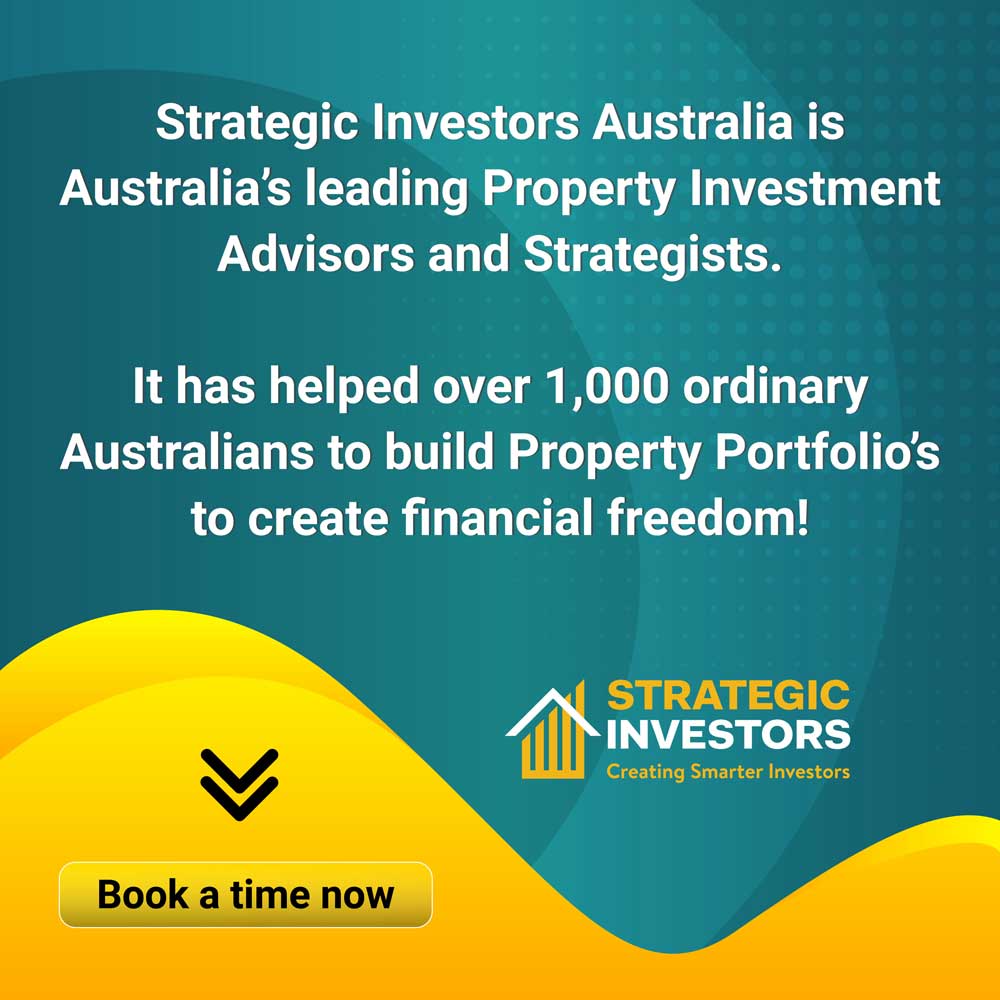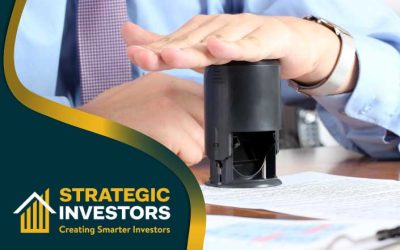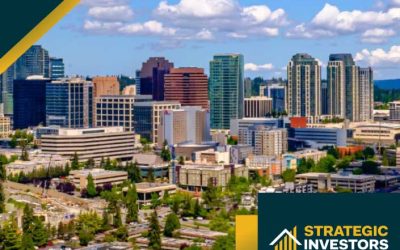
Get an education. Suppose you’re to become a successful property investor with a portfolio of properties that generate sufficient income to help you not just live comfortably but be financially independent for the rest of your life. In that case, you need to begin a program of education to enable you to make well-informed, effective decisions about what is now your chosen profession. By equipping yourself with this knowledge, you’ll be setting yourself apart from the vast majority of the estimated 1.4 million Australians who currently invest in property but who will not see the returns they had hoped for.
Have a creative mindset
 The most valuable lesson to learn is to have a positive mindset and believe you can fundamentally change your life for the better to avoid remaining stuck where you are doing the same things day in, day out with the same regrets. On the contrary, success, like most things worth achieving, requires work and a willingness to take a longer-term view, not expecting something to happen in an instant. However, success happens overnight, and those who tell you otherwise are best ignored. So, while property investment will give you good returns within a few years, it will be five or more years before you can consider yourself on the road to financial independence.
The most valuable lesson to learn is to have a positive mindset and believe you can fundamentally change your life for the better to avoid remaining stuck where you are doing the same things day in, day out with the same regrets. On the contrary, success, like most things worth achieving, requires work and a willingness to take a longer-term view, not expecting something to happen in an instant. However, success happens overnight, and those who tell you otherwise are best ignored. So, while property investment will give you good returns within a few years, it will be five or more years before you can consider yourself on the road to financial independence.
Of course, you’ll make mistakes along the way, and unforeseen events will arise to throw you off course, but the information contained here will help ensure your errors are few in number and smaller in size. And because you are making better decisions, you’ll progress faster and more effectively than you otherwise would. It would be best if you started educating yourself in five key areas.
First, learn more and more about the property itself. In particular, get an understanding of different property types and their construction. Learn what can go wrong with them and how it can be put right. This is important if you’re going to buy tired properties in need of renovation, and then add value by doing building work as you’ll need to know your costs, how to organise tradespeople and oversee the work.

See properties through the glasses of a property investor
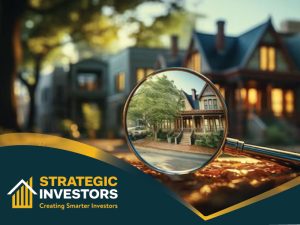 Second, start to see through the eyes of both property investors and prospective tenants. The best way to do this is to continually inspect all types of different properties, even when you’re not in the market to buy them. This will build up your assessment skills, especially if you always try to see each property not as a piece of real estate but as a place where people live, sleep and eat. Do that, and you’ll get better at judging why one apartment or house will work better than another and be more popular with tenants and easier to let at a premium rent.
Second, start to see through the eyes of both property investors and prospective tenants. The best way to do this is to continually inspect all types of different properties, even when you’re not in the market to buy them. This will build up your assessment skills, especially if you always try to see each property not as a piece of real estate but as a place where people live, sleep and eat. Do that, and you’ll get better at judging why one apartment or house will work better than another and be more popular with tenants and easier to let at a premium rent.
Be critical about each property and ask yourself questions about why tenants want to live there and why they wouldn’t. Set up a journal and keep notes on the different properties you see. Your thoughts on why they may or may not be a good investment and, of course, the prices being asked. This will develop into an invaluable resource.
Even when they come on to the rental market;
- Do they let quickly?
- Does it stay vacant for months?
- What sort of rent is being asked?
- Too much or too little, in your opinion?
Add this information to your journal. Also, check with a real estate agent the property is being let by. Some agents are better than others. And when you’re looking to market your properties, you’ll want to use the best around. If the property has been renovated, make an appointment to see what’s been done. Has it been remodelled in the right way for the intended market? What might it have cost? Would you have done it differently?

The benefit of relationships
 Third, start learning from others. When you’re viewing, look to build relationships with real estate agents. They’re a valuable source of information on real estate in general and property in their area in particular. You might also want to look for a mentor, someone with a background in property investment. Often the best property advice will be from someone who’s been through it all and knows both the opportunities and pitfalls. Of course, some people may see you as competition, but others may be happy to share their knowledge.
Third, start learning from others. When you’re viewing, look to build relationships with real estate agents. They’re a valuable source of information on real estate in general and property in their area in particular. You might also want to look for a mentor, someone with a background in property investment. Often the best property advice will be from someone who’s been through it all and knows both the opportunities and pitfalls. Of course, some people may see you as competition, but others may be happy to share their knowledge.
Research
 Fourth, learn more about what’s happening in the areas where you are interested in investing. If you’re not already doing so, become an avid reader of the local press and learn what’s happening in the neighbourhoods and cities where you might invest. Most particularly try to understand what changes may be planned for the area, such as new roads, schools, hospitals and other developments and what impact these may have. Take some time to visit the site to get a feel of what those works may generate opportunities and disruption.
Fourth, learn more about what’s happening in the areas where you are interested in investing. If you’re not already doing so, become an avid reader of the local press and learn what’s happening in the neighbourhoods and cities where you might invest. Most particularly try to understand what changes may be planned for the area, such as new roads, schools, hospitals and other developments and what impact these may have. Take some time to visit the site to get a feel of what those works may generate opportunities and disruption.
Also, read local council reports and try to understand what local leaders are thinking, as well as check any published local plans. While it may be some years before these things happen, it’s all invaluable information that you can store and help you take on the thought process of an actual property investor.
Learn the property numbers
 Lastly, add your knowledge of financial products. Unfortunately, for those who weren’t good at school, this will involve a bit of maths. But knowing how the numbers work is crucial if you’re to stay on top of your finances and make sure you get the best results. Not only will this help you to understand how interest rates work and their cost to you. You will also be able to better manage and organise your monthly income and outgoings for your properties, which could be substantial when you’re running a more extensive portfolio of properties.
Lastly, add your knowledge of financial products. Unfortunately, for those who weren’t good at school, this will involve a bit of maths. But knowing how the numbers work is crucial if you’re to stay on top of your finances and make sure you get the best results. Not only will this help you to understand how interest rates work and their cost to you. You will also be able to better manage and organise your monthly income and outgoings for your properties, which could be substantial when you’re running a more extensive portfolio of properties.
Don’t worry. The maths in all of this is relatively straightforward. Once you know the principles, you’ll find yourself using them every day. You can find out more about working out interest rates and other calculations by taking out simple finance books from your local library or on the internet, of course. Or if you know a bank manager, a maths teacher or somebody who works with financial products, they may be able to help you with a crash course.
You don’t need to wait until everything is in place before using your newfound knowledge. Even if you’re not ready to be a property investor just yet, pretend you already are. Take a property you’ve looked at and do your sums. Practising is essential because it will give you the confidence to perform well when dealing with vendors, real estate agents, and especially lenders.
This doesn’t mean that banks won’t lend to novice investors. But they’ll be reassured if they can see that you have done your homework. Feeling confident about what you are doing will help you present yourself as a property investment professional, who knows what you’re doing and help you avoid being panicked by your inexperience in making rash decisions and costly mistakes.
Be Ready- and you will succeed
Property investment is a highly competitive business, and anything you can do to tip the balance your way will benefit. So, no matter how green you are, the more you can make others think of you as a professional, the more experienced they’re likely to be in their dealings with you, and that will help you achieve your property investment goals.
